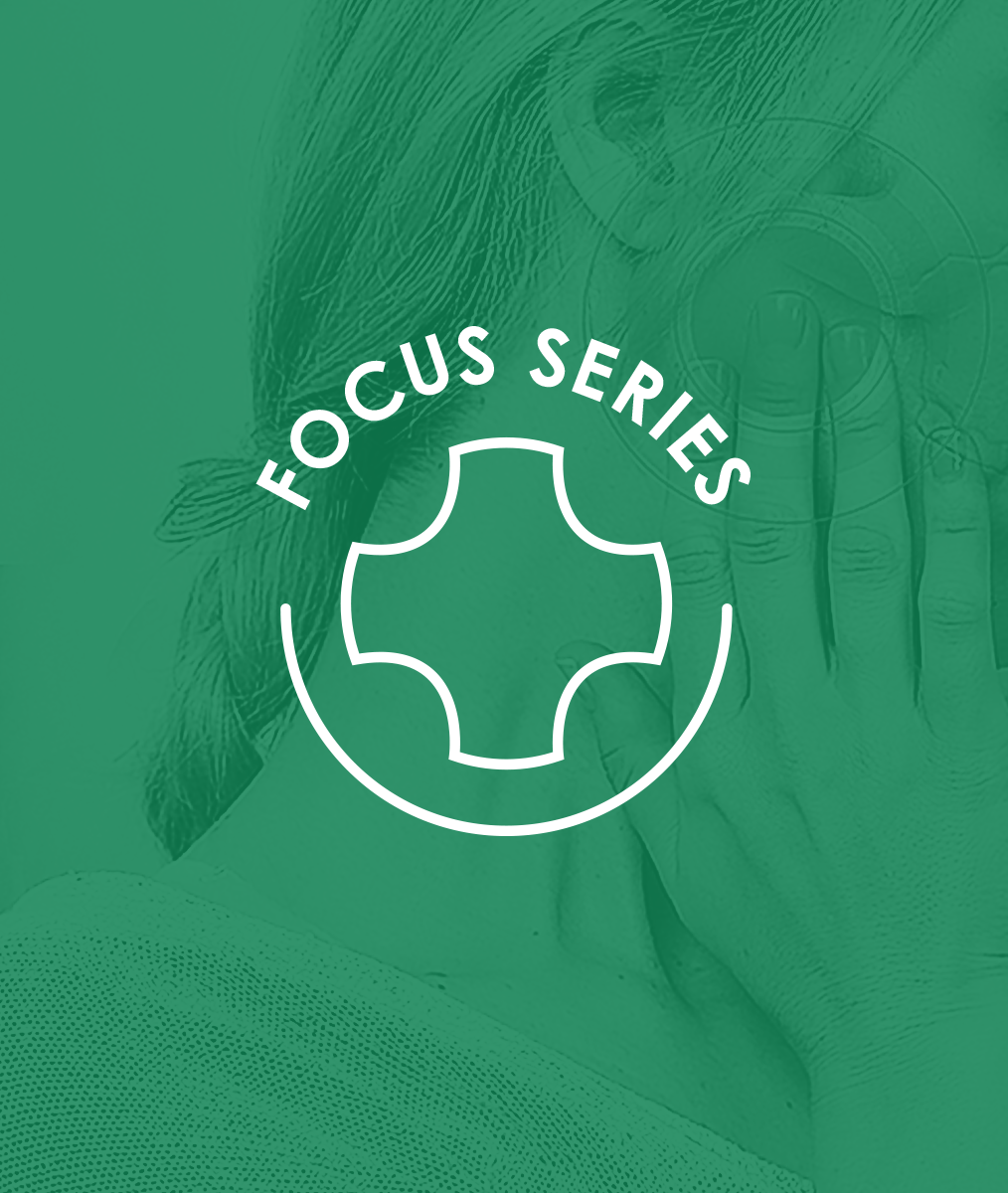True Listening in the Pre-Exam Interview
An essential technique in effective listening with new patients involves an interviewing discipline known as “bracketing.”
Psychiatrist and author M. Scott Peck described bracketing as “the temporary giving up or setting aside of one’s own prejudices, frames of reference, and desires so as to experience—as far as possible, the speaker’s world from the inside, stepping inside his or her shoes.”
True listening requires a setting aside of ourselves. It also requires acceptance of the person as they are in the moment.
In his book Ways of Being Unconditional, Carl Rogers defined “unconditional positive regard” as accepting and supporting another person exactly as they are, without evaluating or judging them. At the heart of this concept is the belief that every person has the personal resources within to help themselves. They simply need to be offered an environment of acceptance that can foster their own recognition of this.
The goal is to create a safe psychological space where the patient senses acceptance, and therefore feels less vulnerable and thus more inclined to open up to share their fears and concerns regarding dental issues. This is challenging, particularly in the middle of a busy schedule, as most of the time, we lack the capacity to truly listen while other responsibilities and distractions are present.
We need to set the environment with intention.
To do this well, uninterrupted times in the schedule must be established as well as a comfortable non-clinical location. The battle seems to always be between structuring our schedule for efficiency versus creating more open-ended opportunities for trust to develop and knowledge conveyed.
We need to truly listen.
Are you able to turn your focus to orchestrating an interview in which you actively listen? Yes, well, then good but how easy is it for you to maintain that focus?
Even though we may feel we are truly listening, what we are often doing is listening selectively, with a preset agenda in mind…thinking about what we want to happen next…procedurally or financially, wondering as we listen how we can achieve a certain desired result by redirecting the conversation in ways more satisfactory to us.
Even though we may feel we are truly listening, we often respond to what the patient is saying by assuming our interpretation of the question they ask or the concern they relate is actually what the patient is attempting to say. And this is why Mary Osborne’s Staying in the Question Part 3 blog is so on point that I recommend others read it.
True listening, no matter how brief, requires effort and total concentration. This means we cannot truly listen to another person and do anything else at the same time. While in the middle of a busy day at the office, this is challenging—very challenging.
The first step is willingness.
Our willingness to truly listen is the most tangible form of esteem we can give to another person. And if we give a new acquaintance our esteem, they will feel less ashamed or embarrassed. Consequently, they will start to feel less threatened and more valuable. And it’s those who feel valuable to themselves, who are most likely to be interested in taking better care of themselves through fine dentistry.
Carl Rogers helped us see there is no better way for our patients to learn they are valuable (rather than deficient or flawed) than by our valuing them first through careful listening.
- When we offer no judgement, they feel less fearful, and they can share their thoughts and emotions more freely.
- As we accept them, they feel encouraged to find self-acceptance and think for themselves.
- As we invite them openly to share, instead of asking questions designed to illicit certain answers, we give them space to think for themselves, and with such space, they can begin to cultivate their inner resources and rise to our expectations for what is in their best health interest—on their own.
Related Course
TMD & Orofacial Pain: Managing Complex Patients
DATE: January 29 2025 @ 8:00 am - February 2 2025 @ 1:00 pmLocation: The Pankey Institute
CE HOURS: 37
Dentist Tuition: $ 7200
Single Occupancy with Ensuite Private Bath (per night): $ 345
THIS COURSE IS SOLD OUT TMD patients present with a wide range of concerns and symptoms from tension headaches and muscle challenges to significant joint inflammation and breakdown. Accurate thorough…
Learn More>









